Disclaimer: The content provided on this website is provided solely for informational purposes.The information below should not be used as an alternative to obtaining individual professional advice. Always consult registered healthcare providers when beginning any new treatment. All content, ideas, psychological insight and bad jokes is the original work of Penelope Lovegrove, Clinical Psychologist. More recently AI has provided light editorial support, helping wrangle the commas, tidy some sentences, and gently suggest that maybe not every thought needs three dashes and pulls the reigns on her fast-paced neurodiverse brain. Even psychologists appreciate a second set of (digital) eyes.
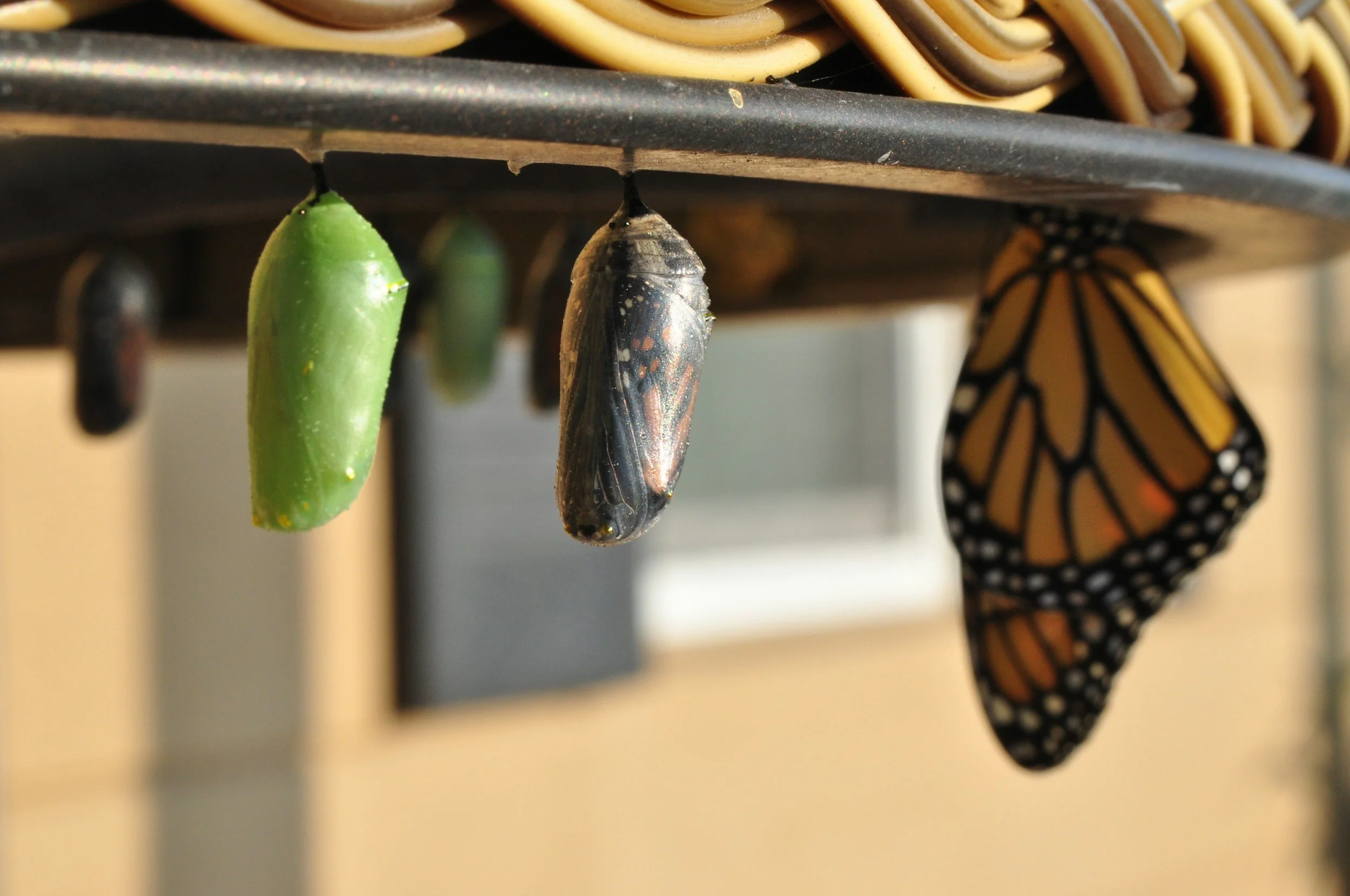
New Year’s Resolutions: How to Avoid the “F*%k! It’s February and I’ve Failed Already!”
Say No to New Year’s Resolutions. Here’s a better plan instead… .The start of a new year can stir reflection, pressure, grief, hope, and exhaustion in equal measure. As life resumes after the holidays, many people find themselves quietly taking stock of their mental health, relationships, work, and sense of direction. This article offers a gentle framework for setting intentions and goals for your mental health in the New Year. It’s an invitation to pause, reassess, and approach therapy as a collaborative space shaped around your life, not a performance or obligation.
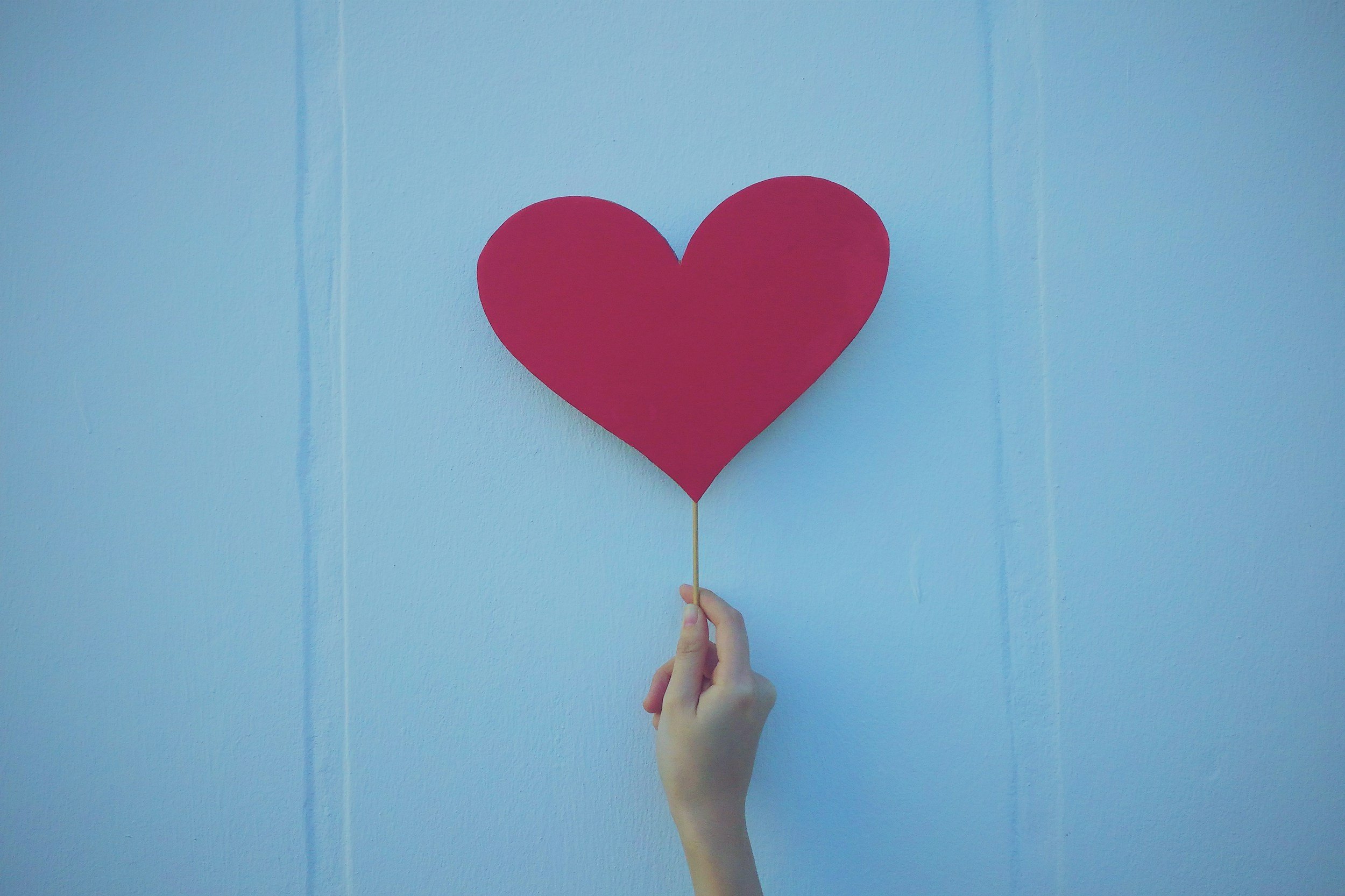
Redefining Love: Why Presence Matters More than Perfection
We grow up believing that love should protect us from pain. That the right partner, the right family, the right choices will deliver certainty, safety, and belonging. But real love rarely lives up to that promise. In this essay, I explore a different way of understanding love — not as perfection or permanence, but as presence. From romantic relationships to parenting and sibling bonds, love is redefined as the willingness to show up, repair, and stay engaged with reality, even when things are messy. This piece is about letting go of idealised versions of love and learning to recognise the quieter, more resilient forms that actually sustain us.

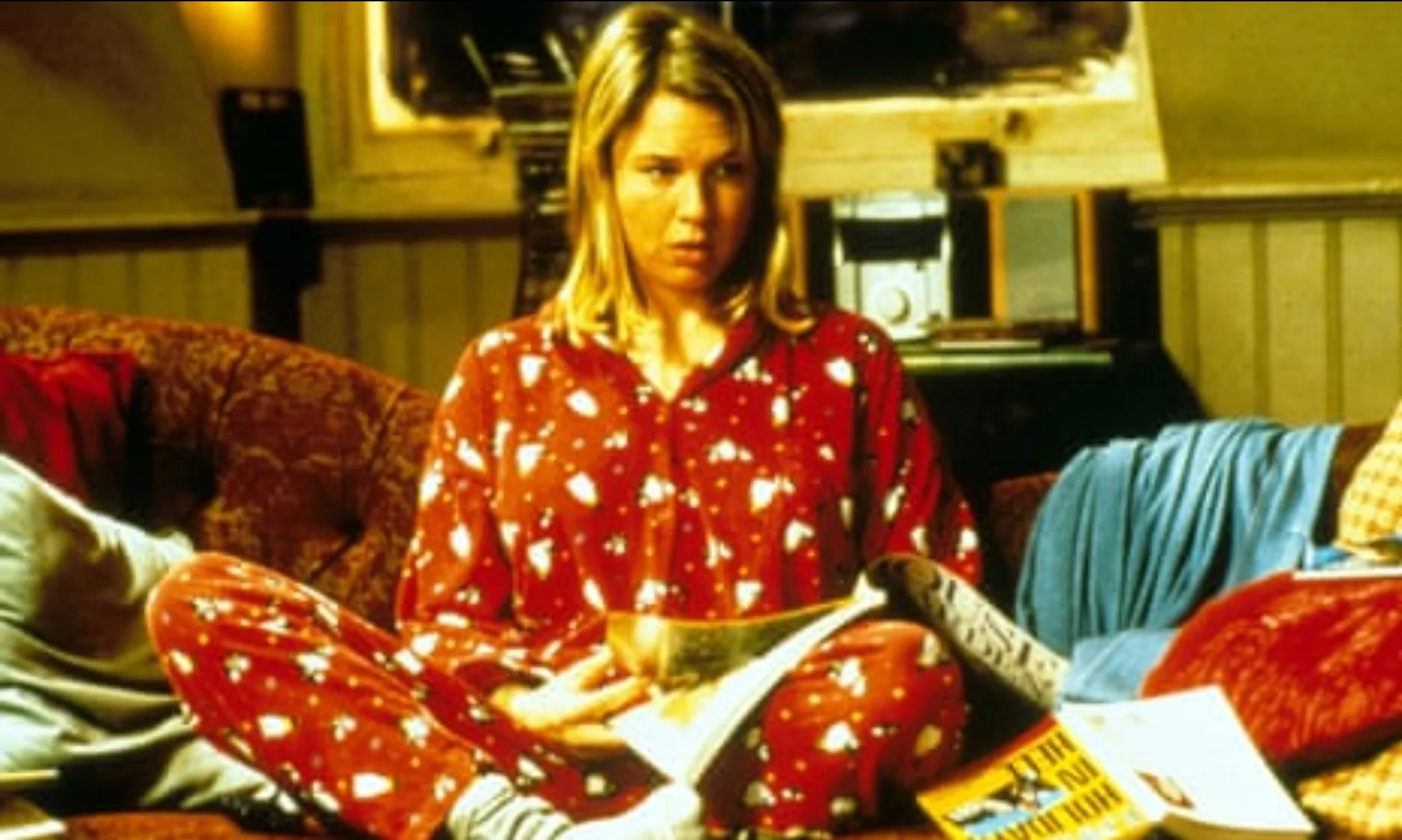
Mental Health Fatigue and Intentional Non-Striving
Many people arrive at summer already exhausted, not because they haven’t tried hard enough, but because they have been trying for too long. Managing mental health, attending appointments, doing the inner work, showing up for relationships and daily life all carry a cognitive and emotional load that is rarely acknowledged. This article explores health care fatigue and the idea of intentional non-striving, offering permission to rest without shame. It is not about giving up on therapy or growth, but about allowing the nervous system to settle, letting go of constant self-improvement, and using summer as a time to simply be. Sometimes the most supportive thing you can do for your mental health is to stop pushing forward and allow what is already there to breathe.
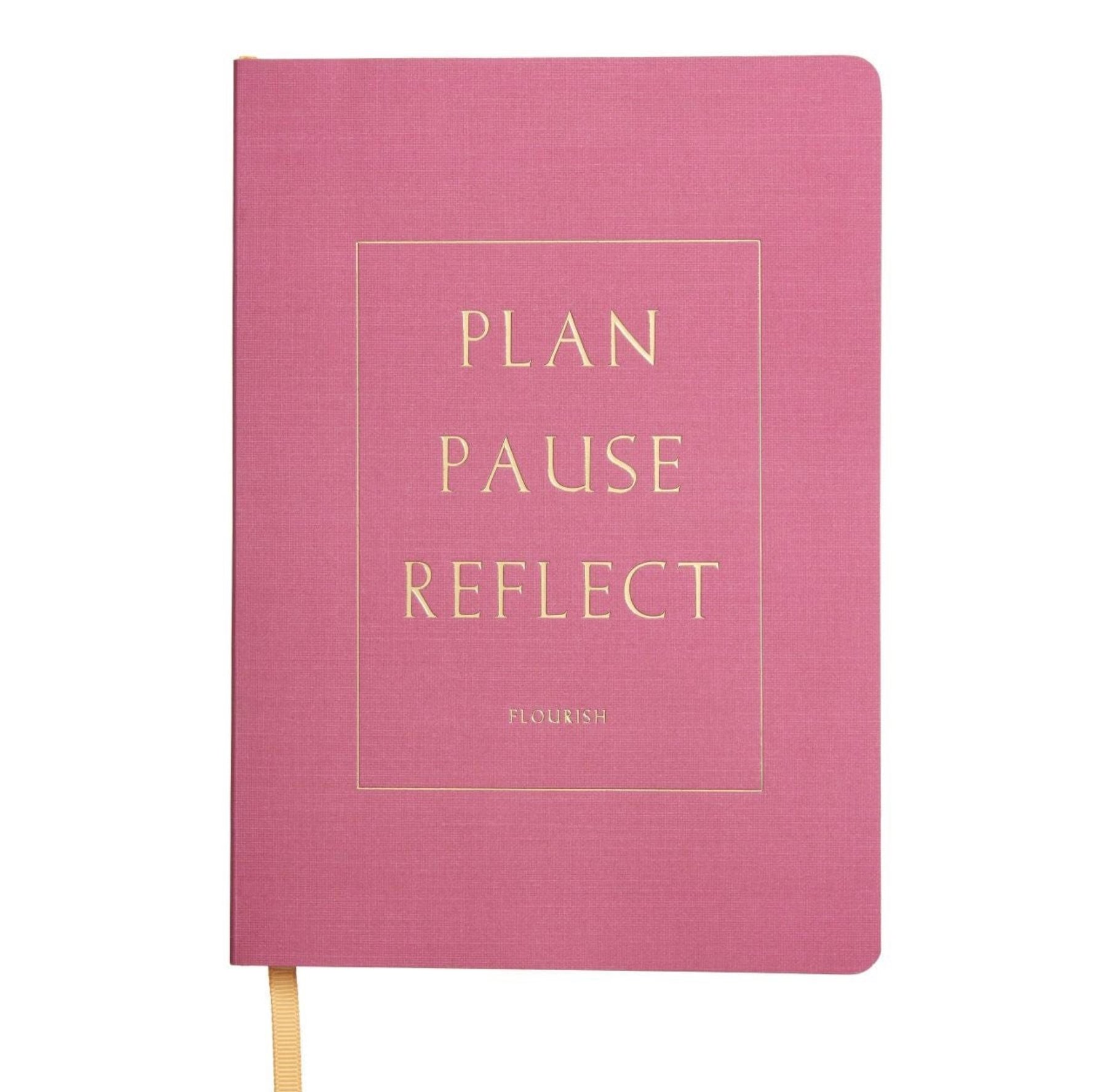
Using Therapy to Pause the Work Without Pausing the Support
Therapy is often imagined as a place where change happens through insight, effort, and emotional work. While this can be true, it is not the whole story. Sometimes therapy is most helpful when it becomes a place to pause rather than push, to reflect rather than analyse, and to sit in safety rather than strive for change. This article explores how therapy can support mental health by helping people consolidate gains, strengthen safe relationships, and recognise that progress does not always look like transformation. Sometimes progress looks like stability, integration, and allowing what has already shifted to settle and take root.
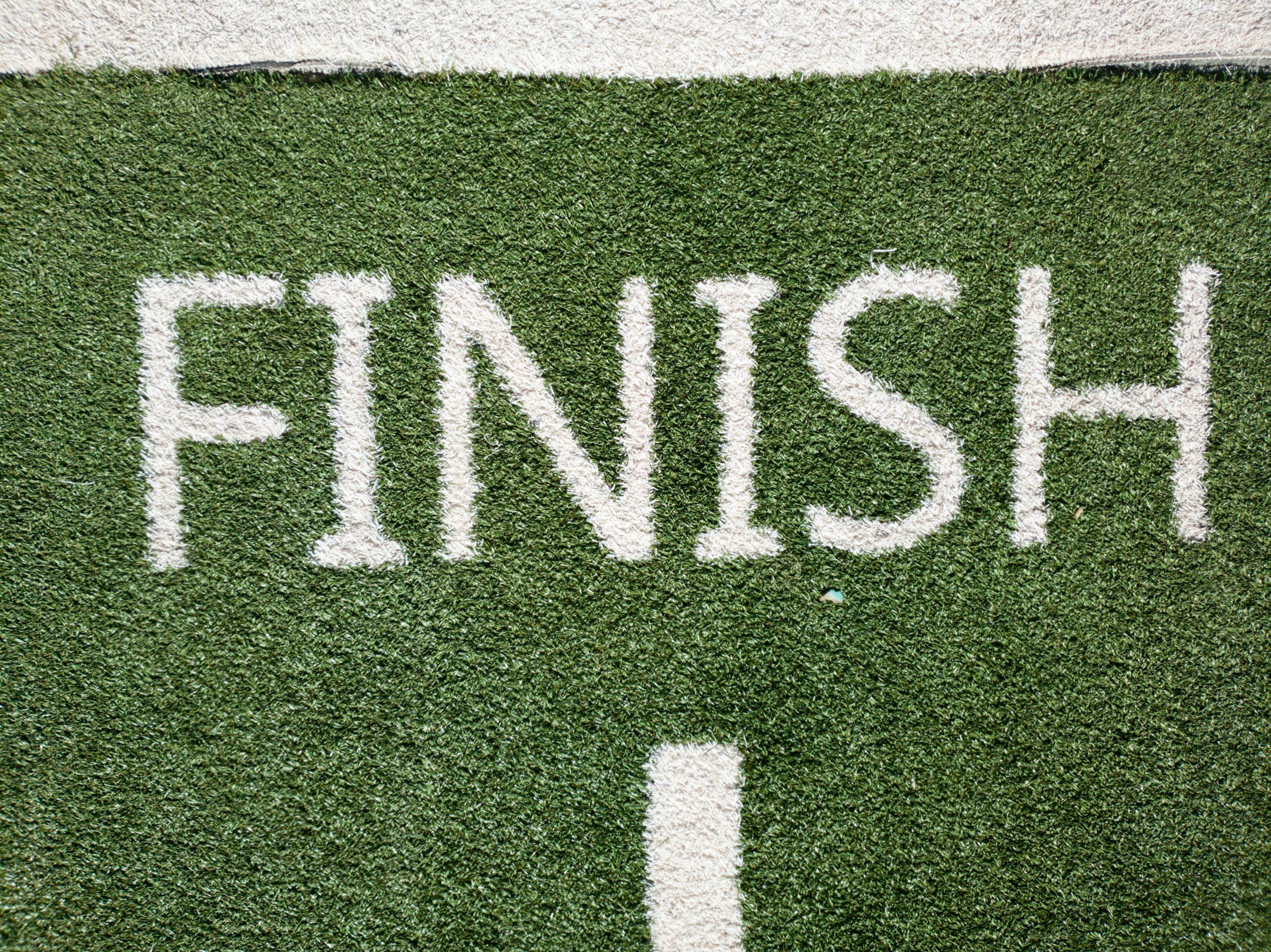

When the Shopping Centre Breaks Your Brain
Surviving Chadstone on Black Friday: a psychologist’s personal account of ADHD sensory overload, shutdown and what we can learn from it. A personal story of shopping-centre overload shows how ADHD impacts filtering, prioritising and coping in chaotic environments. Discover why big shopping centres can trigger neurodivergent burnout, and how understanding your sensory and cognitive limits can transform daily life.

Born Without a Brain: What Alex Simpson Teaches Us About Consciousness
The story of Alex Simpson, the woman born without a brain, is reshaping how psychology understands consciousness, connection and what it means to be human. Her life challenges long-held beliefs and supports modern-day suspicions about the brain, awareness and relational presence.




When To-Do Lists Attack: Why They Sometimes Hurt More Than Help
When to-do lists attack, they can fuel perfectionism, fear of failure, and endless guilt instead of helping us feel organised. Discover the dark side of to-do lists, why they sometimes harm more than help, and how to reclaim them as gentle tools for clarity, balance, and self-kindness. Learn when to use them—and when to let them go.

ADHD is not a problem (unless it’s a problem)
When we talk about ADHD, it’s easy to fall into the old story that it’s a disorder, a deficit, or a broken brain. But ADHD isn’t something to fix — it’s a natural variation in how human minds work. A “symptom” is only a problem if it causes distress or gets in the way of living a meaningful life. Many people with ADHD thrive without medication, finding ways to harness their strengths, shape their environments, and drive their Formula One brains with skill. In this article, we explore why ADHD is more likely underdiagnosed than overdiagnosed, the evolutionary roots of ADHD traits, and how therapy can help people move beyond stigma to live fully and confidently.

Why Self-Love Isn’t Enough and What to Try Instead
Struggling with self-hatred? Discover why self-love alone may not work—and how self-acceptance offers lasting peace. Learn the step-by-step path a psychologist recommends: understanding your humanity, developing compassion, practising forgiveness, and embracing your imperfections as part of a rich, connected life.
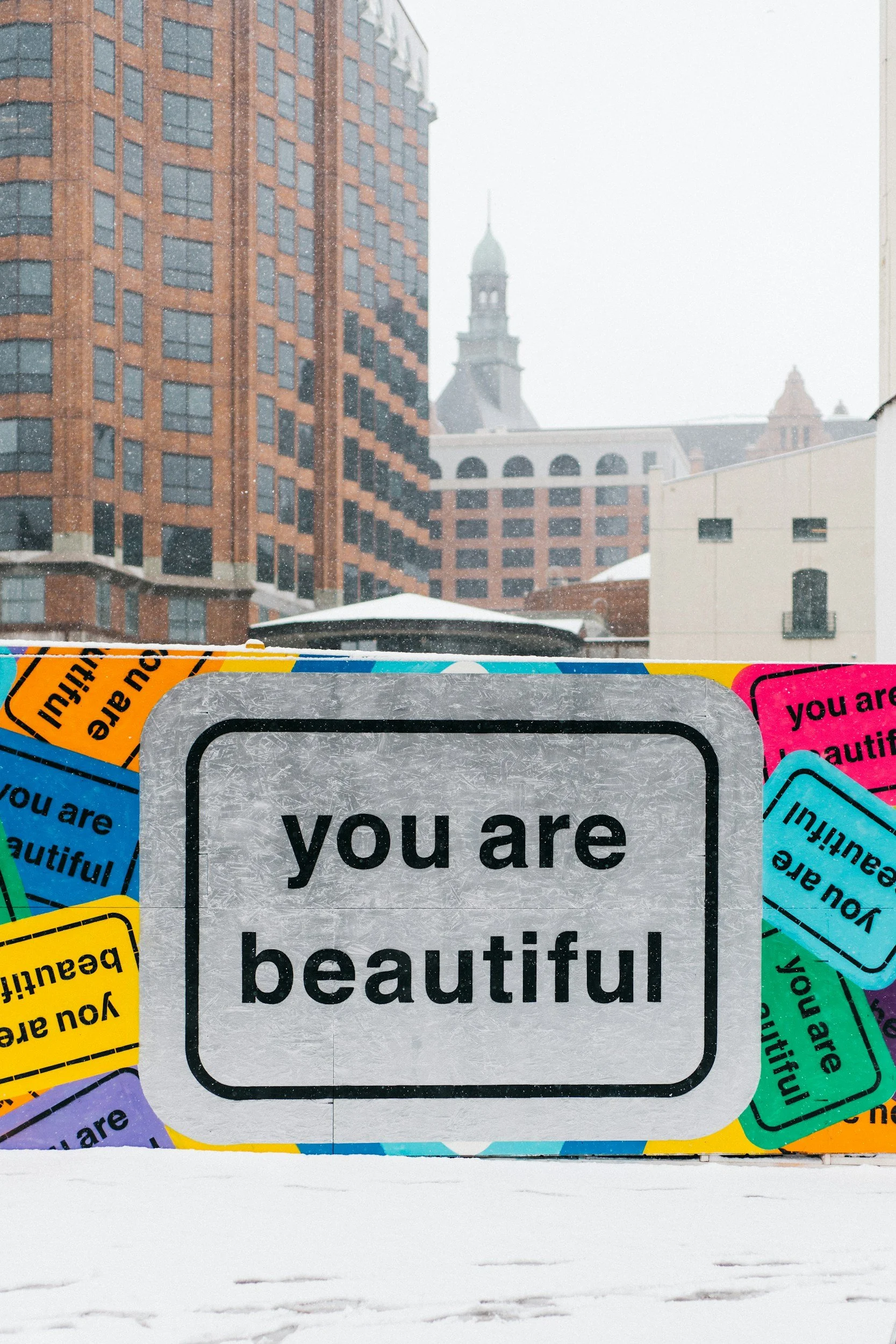

ADHD vs. Bipolar: How to Tell the Difference and Why It Matters
ADHD and bipolar disorder share symptoms like impulsivity, mood swings, and racing thoughts, making them tricky to tell apart. Learn the key differences, what to look for, and why an accurate diagnosis is vital for effective treatment and support. Understand your brain and get the help you need.

Five Strategies to Feel Content, Calm, and Complete in Your Own Company
Have you ever noticed how uncomfortable it can feel to sit in a quiet room alone? So many of us reach for our phones, scroll social media, or fill every moment with noise to avoid feeling that emptiness. Yet learning to enjoy your own company can be one of the most life‑changing skills you ever develop.
When we discover how to feel content in our own presence, loneliness begins to soften. Instead of fearing solitude, it becomes a space for restoration, creativity, and even joy. By connecting with nature, observing the rhythms of the universe, and exploring our own inner world, we create a sense of companionship that no one else can give us.
Simple practices like mindful walks in nature, journaling, or just lying under the night sky can shift your experience of being alone from isolating to peaceful. Over time, you begin to realise that the most important relationship you’ll ever have is with yourself—and when that relationship feels strong, life feels fuller, calmer, and more meaningful.
If you’ve ever struggled with loneliness or the fear of being alone, learning how to embrace your own company could be the first step toward a life of deep contentment and emotional resilience.

Invisible Losses: Healing After the Life You Planned Changes
When we think of grief, we often picture funerals, black clothing, and casseroles dropped at the doorstep. But some of the heaviest grief we carry doesn’t follow a death at all. It’s the quiet, often invisible grief that comes when life doesn’t go the way we imagined. This kind of grief might arrive after a marriage ends, when we realise the family we dreamed of won’t look the way we hoped. It might come after a redundancy, when a career we poured ourselves into suddenly slips through our fingers. It can follow a life-altering diagnosis, a disability that reshapes our sense of the future, or the moment we realise a cherished dream — the one we’ve held onto for years — may never happen.
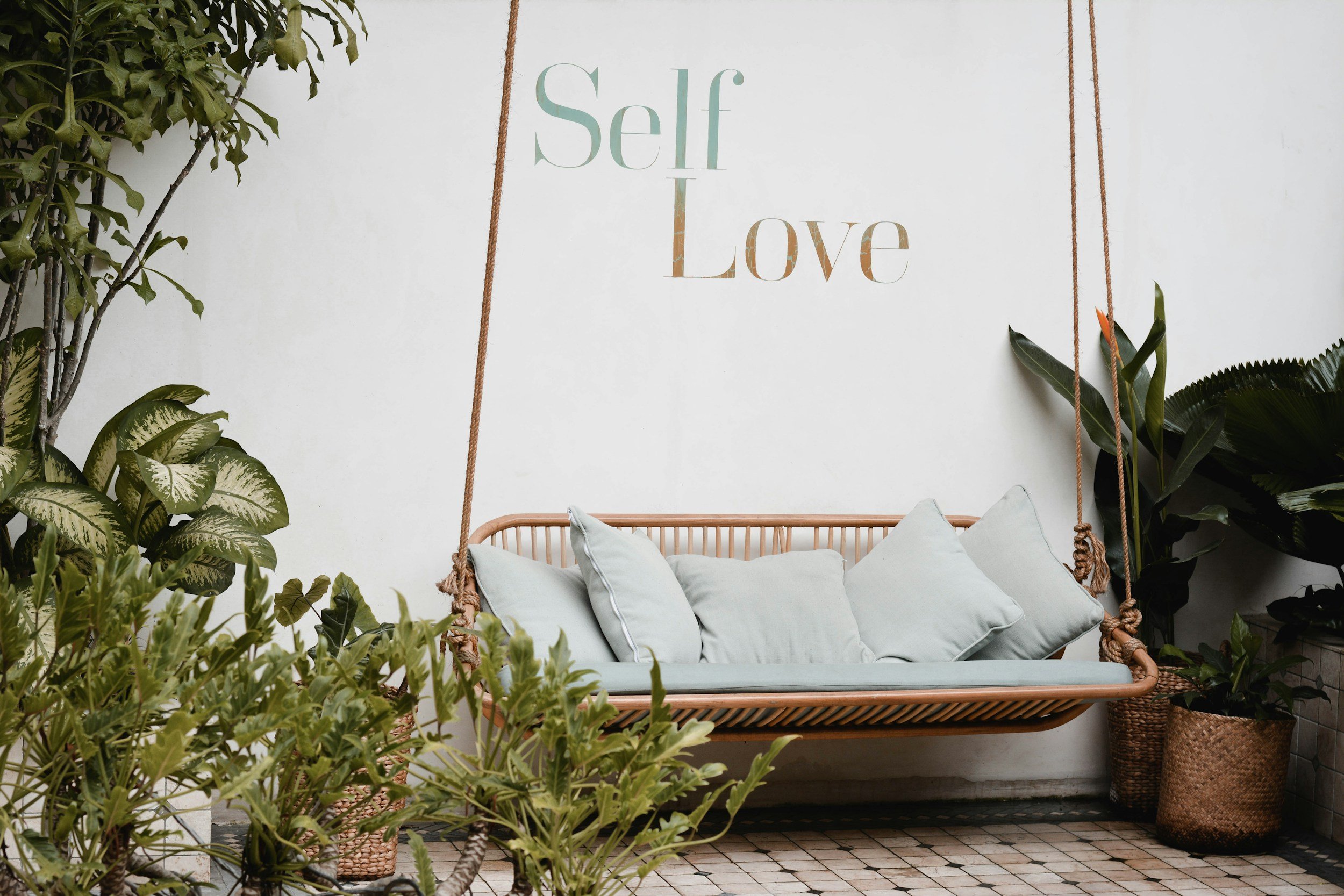
How to Build Self-Esteem and Stop Negative Self-Talk: Learn to Quieten Your Inner Critic
Self-esteem is the way we value ourselves. It is the inner sense that we are worthy of love and respect, even when we make mistakes or face setbacks. It is not arrogance or constant positivity but a steadier, quieter belief that we are fundamentally okay just as we are. Many people seek therapy because they want to know how to build self-esteem, how to stop negative self-talk, and ultimately, how to learn to love themselves. Learn how to quieten the inner critic and boost your self-worth.

Leaning Into Discomfort: Why Awkward and Uncomfortable Moments Matter
Life is full of moments that make us squirm. A difficult conversation with a partner. The long pause after you say something vulnerable. That heavy feeling in your chest before sharing a truth you’ve kept hidden. Most of us are wired to avoid discomfort; our brains are incredibly skilled at nudging us toward safety, familiarity, and control. Yet, what we often label as awkward, uncomfortable, or even terrifying are the exact moments that have the power to transform us. If we can lean into discomfort instead of running from it, we open the door to growth, courage, and connection.
